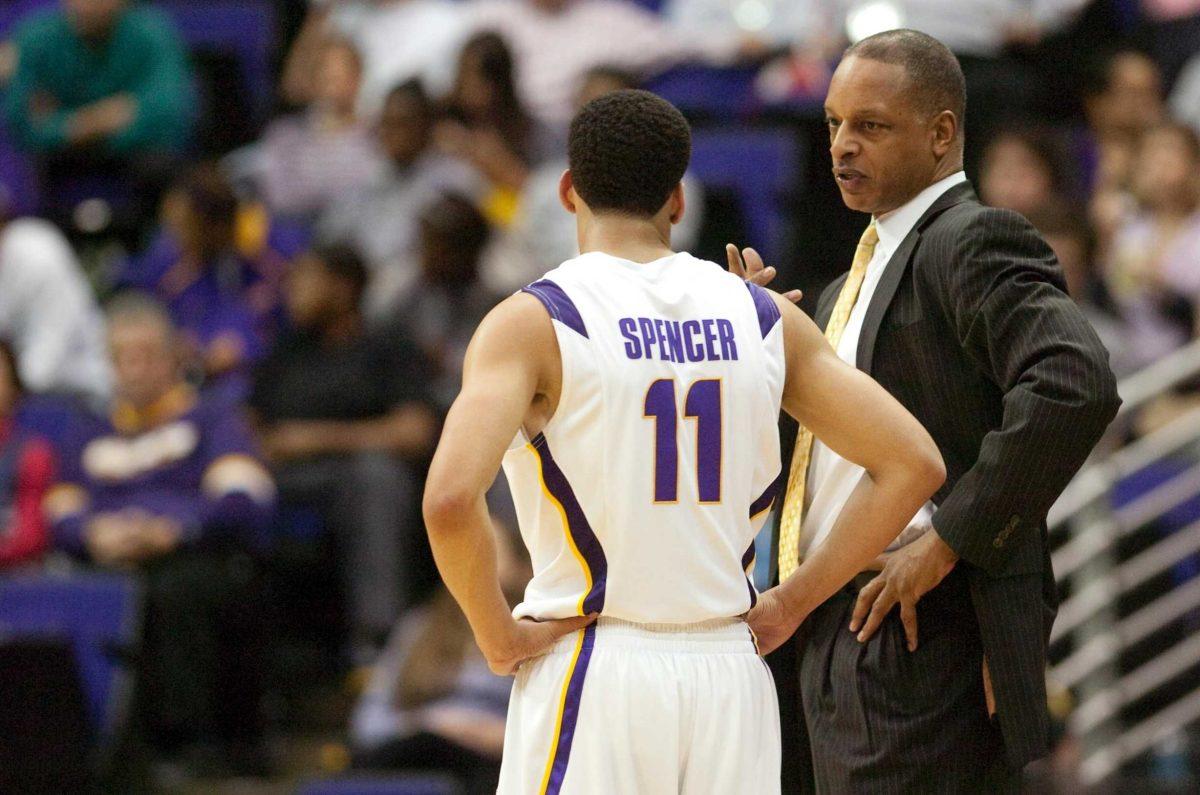We live in an age of instant gratification.
You want a song? Download it on iTunes. Hungry? Pick a fast food joint. Classes aren’t going as you would like? Take a “W.”
That’s all great. It’s part of life today. We make decisions that we think will make our lives easier.
Sadly, collegiate athletics has gone in the same direction.
It needs to change.
There has to be a span of patience when it comes to giving new coaches a chance to succeed in a new environment.
At one time (back in the good ol’ days), coaches were given the time they needed to turn programs around, no matter the sport.
There was no sense of urgency.
Now, with booster money flowing left and right and parity becoming more of the norm, athletic departments are looking for that top-tier coach to turn their program around.
The new modus operandi of most athletic departments is: “Give us a national championship within five years, or we’ll give you the pink slip. One of our donors will pay for your departure.
If a football coach at a storied university has back-to-back seven-win seasons, you can kiss his tenure goodbye.
There needs to be a four- or five-year period of waiting.
And here’s why I’ve been bothered about this recently: LSU men’s basketball coach Trent Johnson.
I’m already hearing talk from impatient students and fans asking when Trent is going to start to win. Some people I’ve talked to even think he should be fired.
Insane.
The man won a Southeastern Conference championship in his first year at LSU.
Would John Brady have won with that team? Probably not, though it’s possible.
Last season, his team struggled to an 11-20 record, and this season isn’t going much better (especially in the second half of games).
But it’s a young team that still has some of Brady’s players.
Until it entirely becomes Johnson’s program, cut the man some slack. He is working with what he has.
Just look at Rich Rodriguez at Michigan. He wasn’t given the time he needed to turn around the program, and right when it looked as though there was a light at the end of the tunnel, his days at Michigan were done.
Do you think Mike Krzyzewski had it easy at Duke when he first got there?
No. He started off 17-13 in his first season and followed that up with 10-17 and 11-17 seasons. If he did that today at any major basketball school, he wouldn’t have seen a fourth season.
Imagine if Duke’s athletic department had given up on him so quickly.
Hell, let’s hit closer to home.
LSU baseball coach Paul Mainieri came into Baton Rouge and inherited a team that was slowly losing its luster, falling down both athletically and academically.
He has since changed that program.
Do you remember the clamor after his first season in 2007 when he went 29-26-1 and finished in fifth place in the SEC West? That was after Smoke Laval had gone 35-24 the year before. Then he started off the next season at 6-11-1 in conference play.
The barking for his departure began to boil — until the team made its storied run to the College World Series.
Look at how quickly a season can change and how quickly minds can turn.
LSU’s Athletic Department stuck with its coach through the rough start (rough in LSU baseball terms), but that’s not the case with most athletic departments nowadays. They give up on a coach before anything can happen.
We need to learn that building or rebuilding a program takes some time.
Patience is a virtue.
Sometimes we forget that.
Andy Schwehm is a 21-year-old psychology and English senior from New Orleans. Follow him on Twitter @TDR_ASchwehm.
—-
Contact Andy Schwehm at aschwehm@lsureveille.com
Schwehmming Around: Coaches need time to build programs
February 1, 2011
LSU men’s basketball coach Trent Johnson talks with former LSU guard Bo Spencer in the Tigers’ 77-60 win against Southeastern Louisiana on December 14, 2009.






